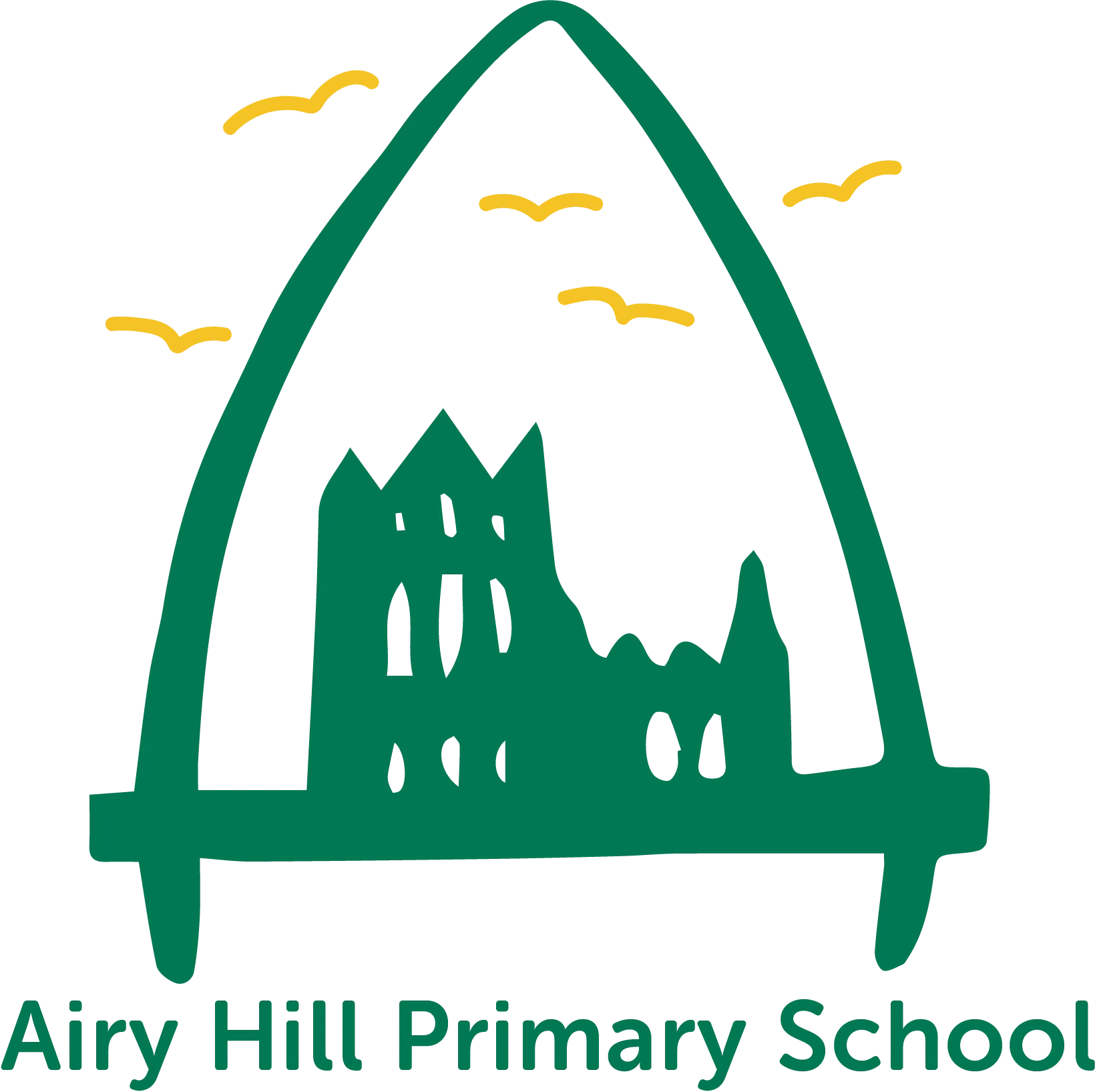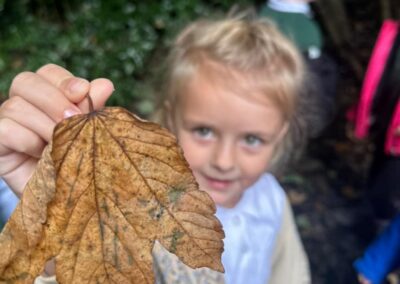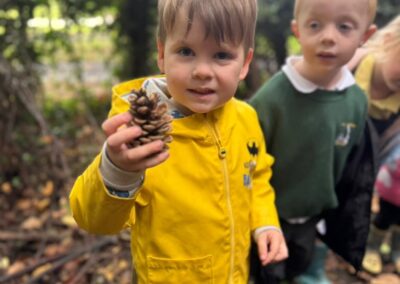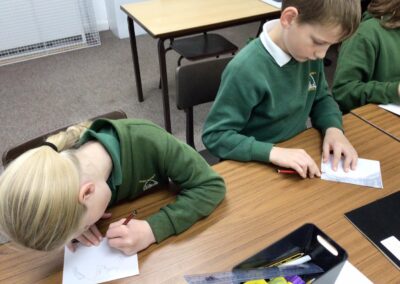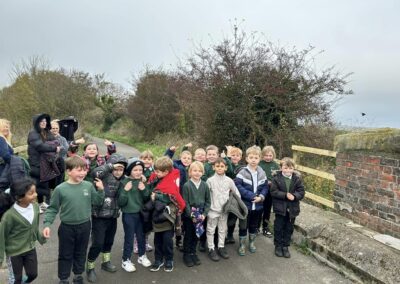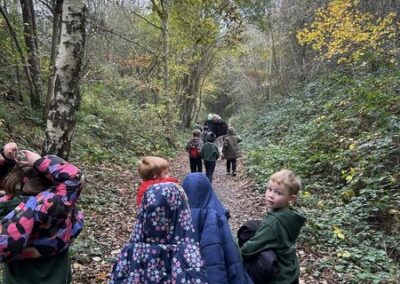Rationale
At Airy Hill, we believe that Geography helps to provoke and answer questions about the natural and human worlds, encouraging children to develop a greater understanding of their
world and their place in it. It helps to develop a range of investigation and problem-solving skills that are transferable to other curriculum areas and which can be used to promote children’s spiritual, moral, social and cultural development. Geography is, by nature, an investigative subject which develops an understanding of concepts, knowledge and skills. We seek to inspire in children a curiosity and fascination about the world and its people which will remain with them for the rest of their lives; to promote children’s interest and understanding about diverse places, people, resources and natural and human environments, together with a deep understanding of the Earth’s key physical and human processes. The UK and local area feature prominently in our curriculum as many of our pupils have limited opportunities to travel outside of our local area. We want our pupils to learn about, and be proud of, where they come from and have a sound understand of their local area and the UK, as well as broadening their experiences by learning about Europe and the wider world.
Aims
The Geography taught at Airy Hill aims to ensure that all children:
● develop age-appropriate, accurate knowledge of the location, physical and human characteristics of a wide range of globally significant places.
● to use this knowledge to provide a geographical context to study and understand the actions of important geographical processes.
● understand that these processes give rise to the key physical and human geographical features of the world, how these are interdependent and how they bring about variation and
change to the geographical landscape.
● to be able to use geographical vocabulary which is appropriate and accurate and which develops and evolves from EYFS to KS1 and through to KS2.
● collect, analyse and present a range of data, gathered through experiences of fieldwork, to deepen understanding of geographical processes.
● use and interpret a wide range of sources of geographical information, including maps, diagrams, globes and aerial photographs.
● to promote children’s spiritual, moral, social and cultural development helping them to have a greater understanding of their place in the world, and their rights and responsibilities to other people and the environment.
Key Concepts
We focus on the concepts of: environment, environmental impact, scale, place, space, cultural awareness, interconnections and sustainable development.
Skills Progression
In EYFS, the children learn about their immediate environment and the location of school. This then progresses further away as they progress up the year groups to Year 6. We know that this gives our pupils a secure knowledge of place.
Intent
We aim to inspire our children to be curious about the world around them and the people that live there. We want to equip children with the knowledge they need to build an understanding and fascination with people, places, environments and how these three interact with and impact each other. We want them to become critical thinkers who will take this learning with them throughout their lives.
Underpinning their learning will be the development of geographical skills including fieldwork, data analysis, the ability to both evaluate and learn from a range of sources as well as being able to communicate their learning in a variety of ways.
Implementation
Implementation
We offer a curriculum that is guided by the national curriculum but goes beyond this to reflect current environmental issues, global affairs and to reflect our own local environment.
As children move through the school they will build upon their knowledge of diverse places and peoples from around the globe. They will learn about how landscapes are formed and used and make links between physical and human processes.
In KS1
- children begin to gain simple locational knowledge about individual places and environments, especially in the local area, but also in the UK and wider world.
- Show understanding by describing the places and features they study using simple geographical vocabulary, identifying some similarities and differences and simple patterns in the environment.
- Pupils are able to investigate places and environments by asking and answering questions, making observations and using sources such as simple maps, atlases, globes, images and aerial photos.
KS2
- Children develop a more detailed and extensive framework of knowledge of the world, including globally significant physical and human features and places in the news.
- Understand in some detail what a number of places are like, how and why they are similar and different and how and why they are changing.
- Pupils know about some spatial patterns in physical and human geography, the conditions which influence those patterns, and the processes which lead to change. They show some understanding of the links between places, people and environments.
- Pupils are able to carry out investigations using a range of geographical questions, skills and sources of information including a variety of maps, graphs and images.
- They can express and explain their own opinions, and recognise why others may have different points of views.
Impact
Our children
- are equipped with geographical skills and knowledge to enable them to be ready for the next stage in their learning and for their future lives.
- talk confidently about Geography and their learning.
Professional judgements for Geography are recorded each term on our assessment system so impact can be measured.
